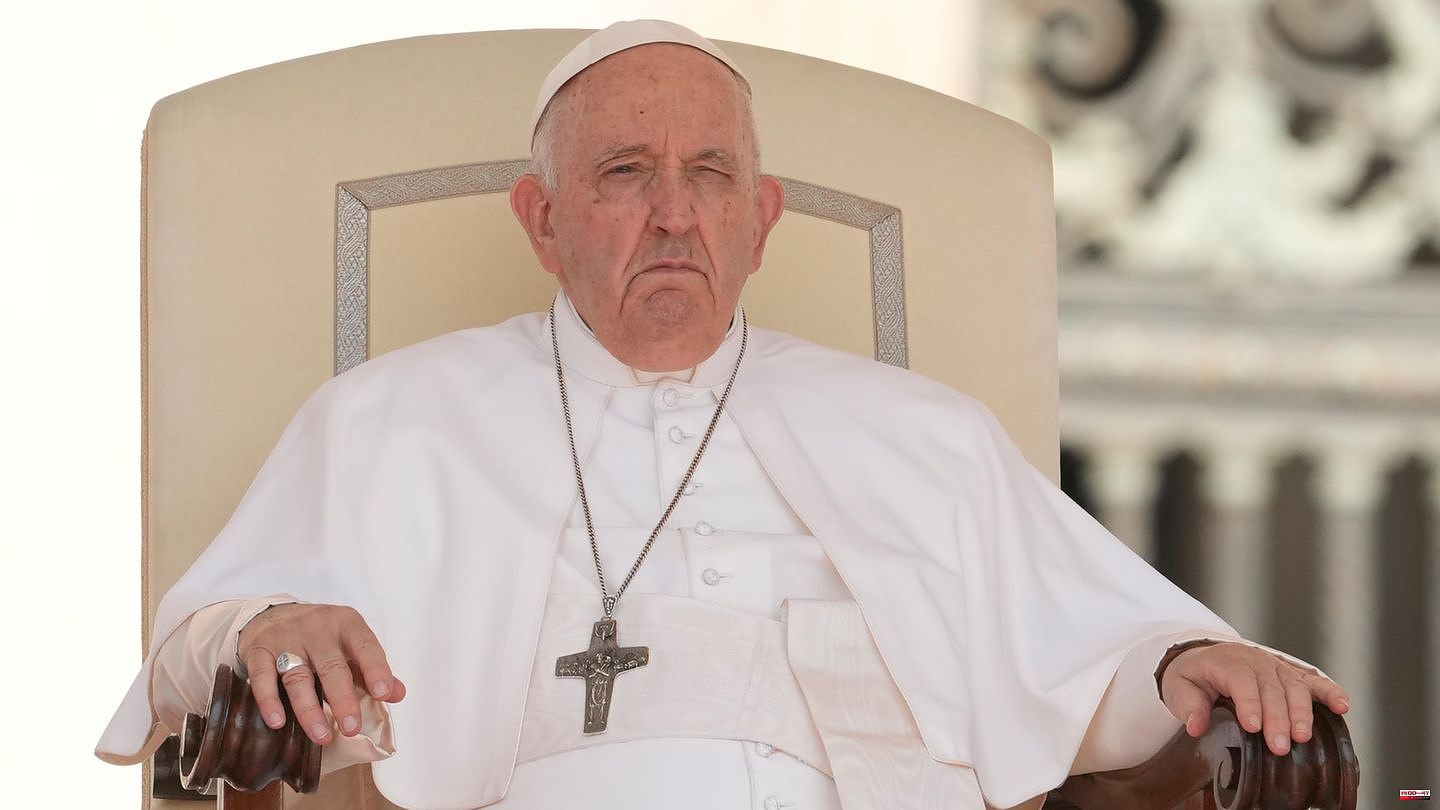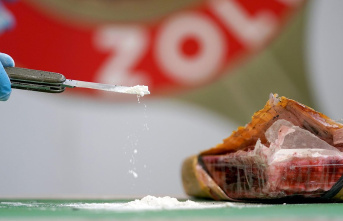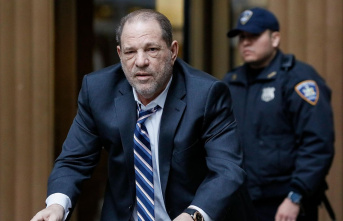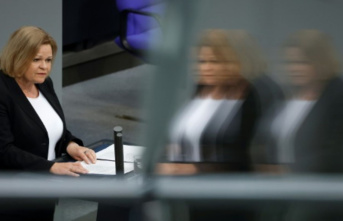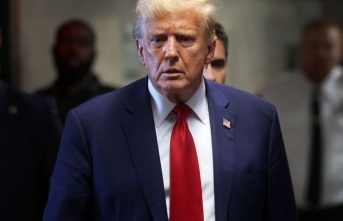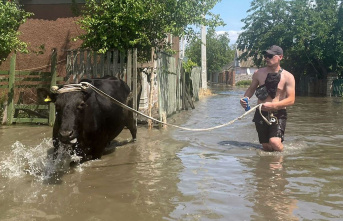After hours of waiting, the blinds are pulled up on two windows high up on the tenth floor of Rome's Gemelli Clinic. The evening sunlight is supposed to shine into the private apartment of the Pope, who had to undergo urgent abdominal surgery on Wednesday. The news made believers around the world fear for the 86-year-old pontiff.
After the first media reports popped up that Francis had just been moved to his personal room on the top floor after the operation, the Vatican confirmed in the evening: The operation lasted three hours and went "without complications".
The Holy See did not initially specify whether the Argentine woke up from general anesthesia. A statement from the attending surgeon was announced in the evening.
In his old age, Francis had actually no longer wanted to experience a possibly dangerous anesthetic. On Wednesday afternoon, however, things were no different. The Pope had to endure an urgent intervention, as the Holy See announced. The doctors had decided that the Argentine would be operated on for a so-called laparocele. This refers to an incisional hernia in the abdominal area. There was talk of recurring pain. There is also a risk of intestinal obstruction.
Therefore, the intervention, an opening of the abdominal cavity called laparotomy, became necessary. A hospital stay of "several days" is assumed, according to the Vatican. As a precautionary measure, all of the pontiff's audiences were canceled until June 18.
In the Policlinico Universitario Fondazione Agostino Gemelli in north-west Rome, Francis had already been operated on in the summer of 2021, at that time for an intestinal ailment - a so-called diverticulitis. The doctors removed part of the large intestine. He spent around ten days in the hospital. Afterwards it was said that he had not tolerated the general anesthesia well. But Francis also reported that the operation probably saved his life at the time.
The situation didn't seem so serious this time. In the morning, Francis celebrated his weekly general audience in St. Peter's Square. At the moment when the Vatican informed the public about the upcoming operation including anesthesia, the pontiff had not yet left the square in front of St. Peter's Basilica, but was talking to believers and young bridal couples.
The board member of the Professional Association of German Surgery (BDC), Carsten J. Krones, said at the request of the German Press Agency that the operation described by the Vatican is a "standard procedure for scar hernias". "The illness and the intervention are certainly serious for an elderly man and, depending on the anatomy, also demanding, but not acutely life-threatening," added the chief physician from Aachen - but emphasized that he did not know the rest of Francis' disease profile.
In and in front of the clinic, in bright sunshine and almost 30 degrees, the message about the Pope's surgery is largely lost in the daytime. Visitors and relatives of people being treated at Gemelli push their way through the parking lot and the central path to the main entrance. In between, journalists and TV crews buzz around.
Only a few heard the news about the prominent patient at noon. "No, we didn't know that, but of course we wish him all the best," says an older couple, Mario and Laura, as they leave the clinic. They didn't know how bad his illness was, but of course they would pray for him. "Always" they do that, even when the Pope is traveling, "because he is one of the best Popes that Christianity has ever had".
"He can do everything! Because he's a great man, a great pope - a really great one!" agrees Roberto from Rome. He wishes that Francis would be 150 years old. "He is a great Pope for the whole world." As he leaves, he calls out: "Viva il Papa!"
On the forecourt of the university hospital there is a large statue of Francis' predecessor Pope John Paul II, inside the aisle there is a poster with his famous encouragement: "Don't be afraid." The Pole was also operated on in the Gemelli; the hospital has reserved a separate area with several rooms for papal patients.
"The Pope needs our prayers," tweeted Vatican News, the Vatican's official news platform. The developments are being followed "with affection, with our prayers," said Cardinal Secretary of State Pietro Parolin, who is considered number two in the Vatican. He hopes that the Pope will get better quickly.
Francis had also been to Gemelli Hospital the day before for a check-up. There was still talk of planned controls - but apparently the operation on the stomach was being prepared. This was performed by the surgeon Sergio Alfieri, as reported by the Ansa news agency. Alfieri also operated on the pontiff's intestines in 2021 and is considered a luminary in the field.
Also this year Francis had to be treated as an inpatient in that clinic. At the end of March he spent three days in the hospital because of pneumonia, as he later described.
The fact that Francis' state of health is being discussed again - and even more urgently than often before - is not right for him. The Jesuit minister does not want to be seen as old, frail or even tired of office - even if he has been in a wheelchair most of the time since the beginning of 2022 because of a severe knee problem.

